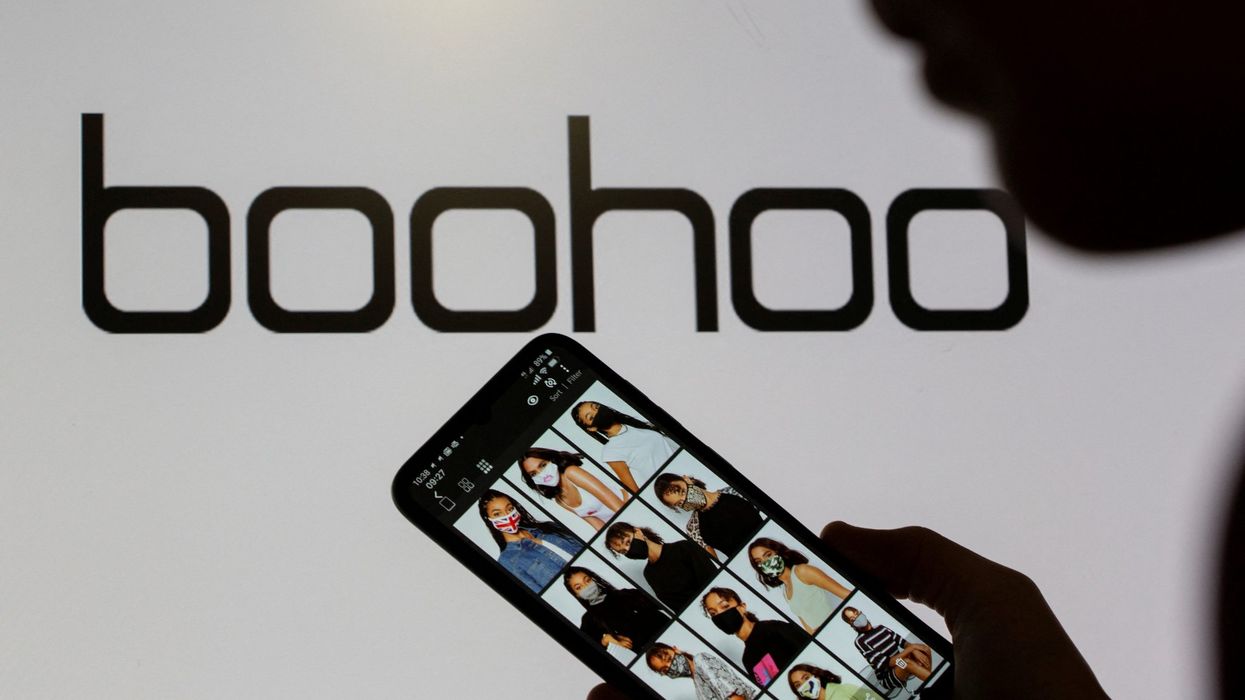ONLINE retailer Boohoo has said that the behavior of makeup brand Revolution Beauty's board during the annual meeting has triggered 'significant concerns', reported The Financial Times.
On Tuesday (27), three-quarters of investors voted to remove the makeup brand’s chief executive, Bob Holt, chief finance officer, Elizabeth Lake, and its chair, Derek Zissman.
But they were rehired after the meeting by an independent director, Jeremy Schwartz, according to reports.
Boohoo owns about 26.6 per cent stake in Revolution Beauty.
According to FT, Boohoo had wanted to appoint its own candidates to run the brand.
Boohoo raised concerns about the board's ability to act in the shareholders' best interests, as their recent actions within the last 24 hours were deemed self-serving rather than aligning with shareholders' interests.
In response, Revolution Beauty called Boohoo’s actions 'nothing short of value-destructive, opportunistic and self-serving'.
Revolution Beauty's shares were set to resume trading on London's Aim market on Wednesday (28) after a suspension since September due to an accounting investigation. The probe uncovered various issues, including a £9 million overstatement of sales.
Also, co-founders Adam Minto and Tom Allsworth, who have since resigned, made undisclosed personal loans or investments totaling approximately £1m.
In a separate announcement, Revolution Beauty confirmed that the management team, who have been diligently addressing the company's historical issues, would be granted share awards worth around £2m upon readmission.
Boohoo opposes the move and is expected to speak to the London Stock Exchange and the financial regulator about the events.
The retailer clarified that it is not against lifting the suspension but is concerned about doing so with a board which 'behaved inappropriately', media reports said.
Revolution Beauty appointed Bob Holt as chief executive, Elizabeth Lake as finance chief and Derek Zissman as chair and senior independent director to help it weather the storm. Boohoo, however, alleged that they lack 'retail experience' to grow the brand.
Started in 2014, Revolution Beauty provides an extensive range of affordable makeup, primarily targeting young consumers with prices starting at £1.
It debuted on Aim in 2021 with a market capitalisation close to £500m. The brand offers its makeup products through online platforms and retail partners like Superdrug in the UK and Ulta in the US.





